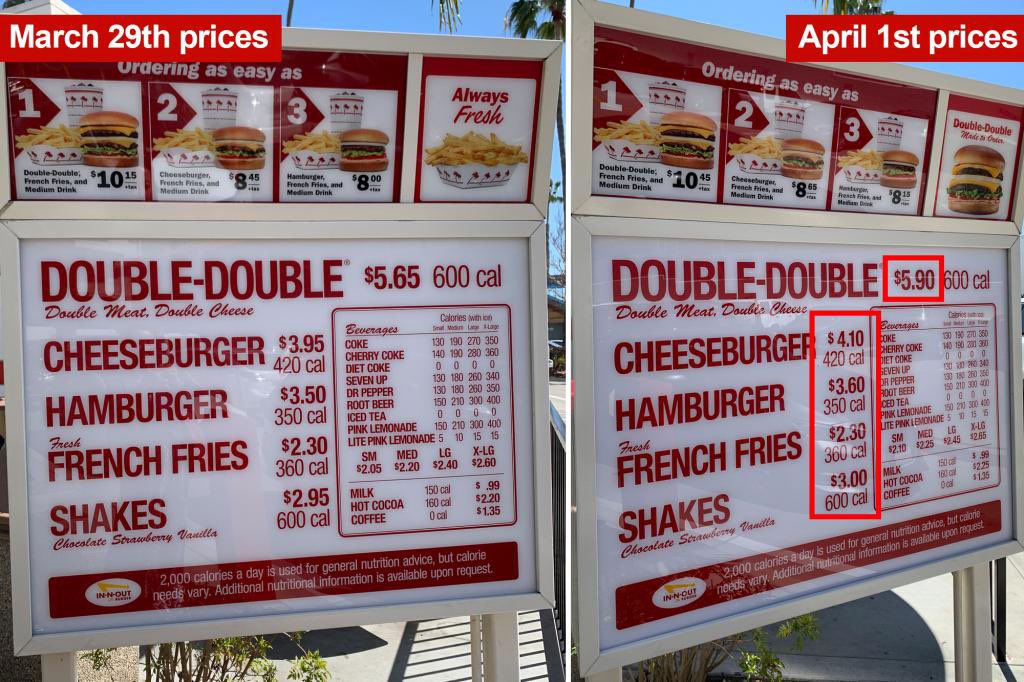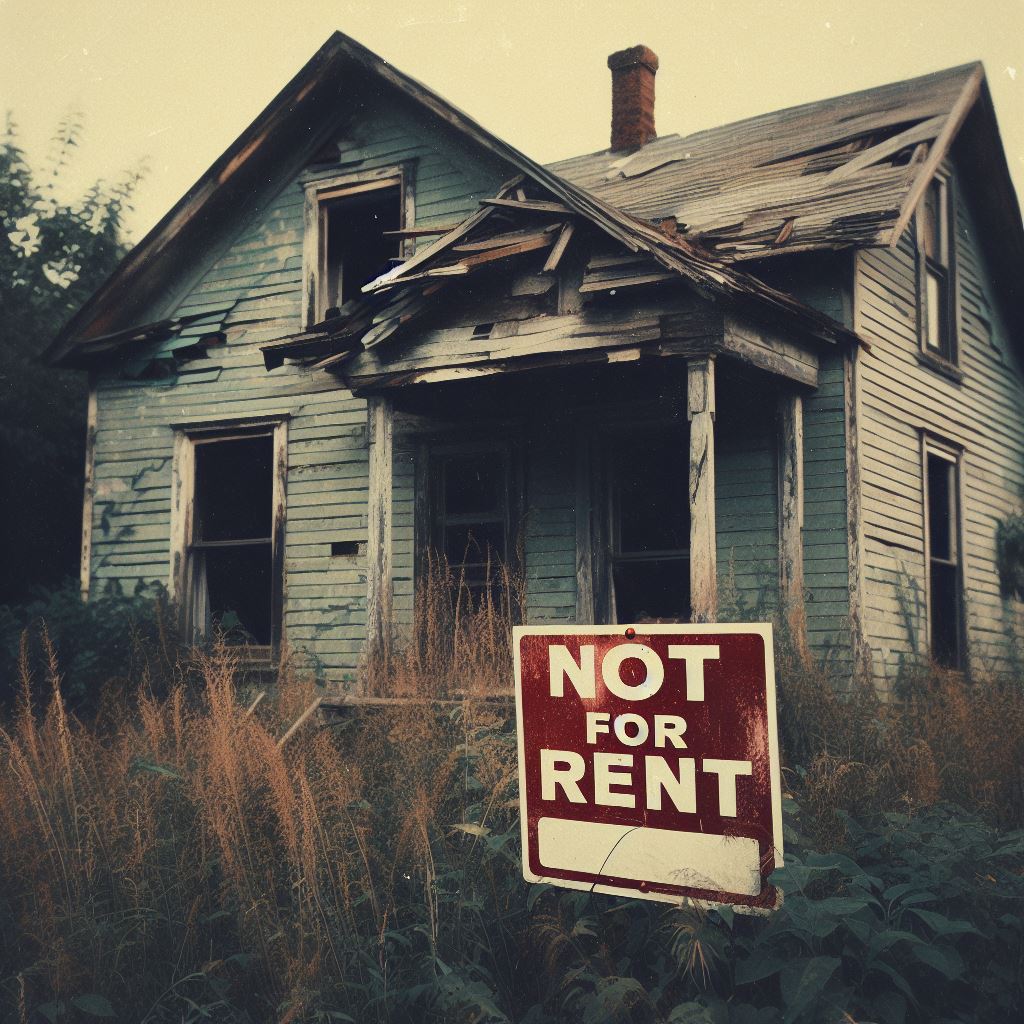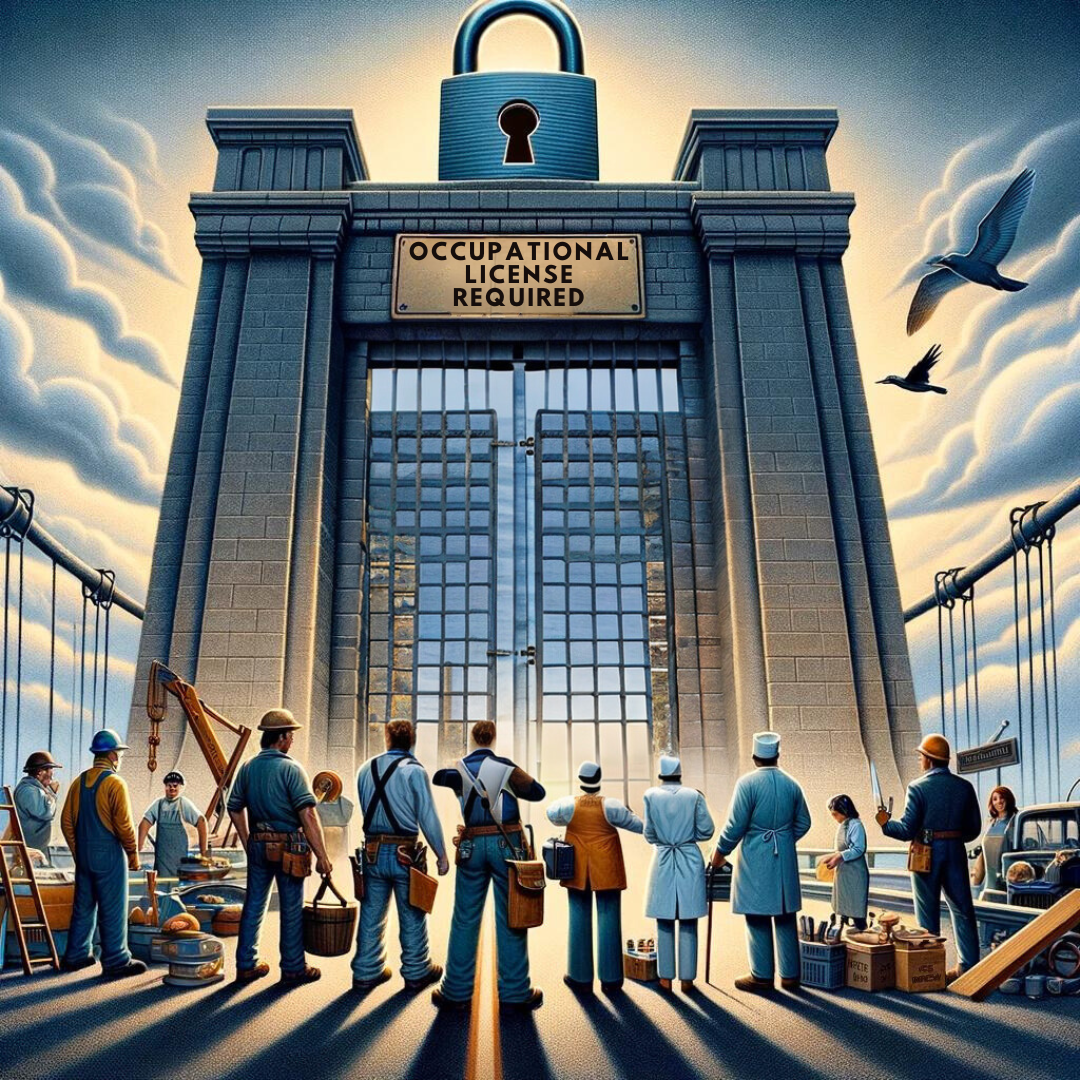A $15 cautionary tale for California: A college student in Seattle provides a glimpse into the new reality for young and inexperienced workers
As California’s new $15 minimum wage law inches the golden state ahead of New York in its race to be the most “forward-thinking” state in the nation, even economists who advocate in favor of a higher wage worry about the unintended consequences of such a high wage. As one liberal economist put it: “Just as the benefits of this policy are likely to be greater because it covers a greater share of the work force than for past minimum wage increases, the risk of these costs is also higher. It’s very unclear how that’s going to stack up.” “This is a great experiment,” admitted another. And as one economist summarized, “if this does go wrong, the people who suffer are likely to be extremely poor families.”
While these economists ponder the economic theories and possible implications of a $15 minimum wage, one 20-year old college student already knows the answer.
After taking a break from college in Virginia to live in Seattle, Mitch Hall thought it would be a piece of cake to find a part-time job to augment an unpaid internship. He figured a few days of job-hunting would land him the type of entry-level, minimum wage job he previously had no trouble getting as a student in Virginia and during summers in his home state of Pennsylvania.
But it hasn’t worked out like Hall had planned. After seven weeks and 70 job applications for part-time, minimum wage jobs at restaurants, coffee shops, retail stores and other service establishments, he still can’t convince an employer in Seattle to hire him over more experienced (and often older) applicants.
Despite having some experience working in the food service industry, he says many restaurants in Seattle now require three to five years experience for what used to be entry-level jobs such as hosting and bussing tables. The competition is fiercer for these jobs, giving employers a bigger pool of applicants to choose from.
Writes Hall:
“At first, I was utterly dumbfounded by my lack of success, and figured only bad luck was to blame. After all, I had been hired at every single one of my past serving jobs within only a day or two of searching and applying. I’d have to find something in Seattle eventually, I thought; I’m young, competent, and college-educated, and serving is by no means a highly skilled occupation that requires degrees or extensive training. I know how to make a good impression with prospective employers, and I already have years of experience in the food services industry. What more could these people want?
But soon enough it became clear, through talking with potential employers and local college students also trying to find work, that my failure to land a job was likely due, at least in large part, to Seattle’s absurdly high minimum wage.
Employers, especially in the restaurant and food services industries, are far less willing to take chances on who they hire with so much money on the line.”
Hall notes that in addition to “Seattle’s absurdly high minimum wage,” Washington’s lack of a tip credit (one of just seven states that do not allow a tip credit) has done him no favors. He says working in food establishments in Virginia and Pennsylvania, where the minimum wage is $2.13 per hour for positions that receive tips, he earned an average of $17 per hour. Working 30 hours per week, he took home around $500 per week. That is $26,000 per year for someone working year round. A server working more hours per week could earn even more.
“Restaurateurs in states with the $2.13 per hour minimum wage requirement have much more opportunity for variety in their hiring practices, for the cost to train someone is little, and the tip-based salary incentivizes individual employees to improve on their own while allowing the business to keep most of its profits. They can usually hire year-round, and can afford to choose from a much more diverse applicant pool. This is likely why I was able to secure my first restaurant job, when I was 18 years old and had no prior serving experience, as a summer employee in a busy Mexican restaurant.
It makes sense that Seattle employers forced to pay the new minimum wage even to tipped employees only feel comfortable hiring highly qualified prospects who can prove on paper they’ll be a safe long-term investment. These restaurateurs and store managers don’t want to risk hiring a relatively inexperienced young adult they’ll have to spend precious time and money training, and who may easily grow complacent in the job once he realizes he’ll get paid $13 an hour no matter the extent of his stay or the quality of his job performance.”
Hall concludes:
“Wage hikes not only force more people to compete for fewer positions, but they also pit people like me against older, more seasoned, and perhaps more qualified individuals who look a lot more attractive to Seattle employers.
I’m a young, educated, white male who comes from an upper-middle-class background. In other words, I’m exactly the type of person that society supposedly favors over all the rest. If it’s this difficult for me to land an entry-level, minimum-wage position, then what must it be like for more disadvantaged individuals, the very people compassionate liberals likely have in mind when they advocate for a spike in the minimum wage? Surely the poor inner-city teenager lacking education and job experience, or the struggling single mother who needs to work much more than just part-time to support her children, will lose out to other applicants even faster than I did.”
One employer in Seattle confirms Hall's experience. Retrofit Home owner Jon Milazzo said the starting wage for her employees has been $12 an hour for years, so the new minimum wouldn’t have any immediate effects. However, Retrofit will make hiring changes as scheduled increases continue past 2016.
“We won't offer part time jobs for students or entry level into our industry, you will only be able to work here coming in with a complete skill set. So that sucks all around."
Of course, there are other impacts besides young, unskilled and inexperienced workers being unable to find a job. One business moved 100 of their lowest skilled jobs to Nevada and another closed their doors entirely (laying off 11 workers), while others have eliminated paid vacation benefits, swapped tipping in favor of service charges and increased prices.
Other cities with a $15 minimum wage, such as San Francisco and Los Angeles, have similar stories.
So economists can debate the consequences or benefits of a higher minimum wage, but the experiences of workers in cities with such wages tell the real story. California may think it has won the race to be the most progressive state by being the first with a $15 minium wage, but as Michael Saltsman with the Employment Policies Institute warns, "it will also be the first to find out why that's a bad idea."







